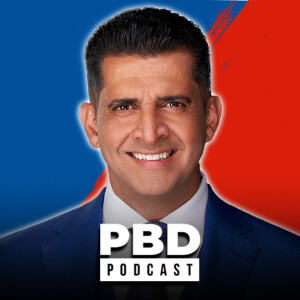

S5 Episode 31: Open Table - Moving into Coaching from Caring Professions
In this episode of The Coaching Inn, host Claire Pedrick is joined by Helen O'Grady, Ceri Newton-Sargunar, Sarah Crittenden, Debra Broadhurst and Talli Taylor. These experienced coaches have transitioned into coaching from various caring professions. The conversation delves into how their past experiences profoundly influence their current coaching practices. Key themes explored include the nuances of emotional regulation, the valuable integration of diverse professional backgrounds into the coaching domain, the critical role of language in fostering effective coaching relationships, and the increasing recognition and impact of neurodiversity in coaching. Everyone reflects on their individual journeys, the specific challenges encountered during their career transitions, and the insights gained along the way. What is important is a coach's presence, the facilitation of client agency, and the ability to navigate uncomfortable yet crucial conversations within the coaching process.
Key Takeaways:
- Being present and creating space are fundamental aspects of effective coaching.
- Prior professional experiences offer a wealth of transferable skills that significantly enrich coaching abilities.
- The conscious use of language and clear communication are vital for successful coaching outcomes.
- Individuals moving from healthcare to coaching may need to intentionally shed certain ingrained habits.
- Developing strong emotional regulation skills is crucial for both the coach's and the client's well-being.
- Cultural backgrounds and perspectives shape both the delivery and reception of coaching.
- A coach's capacity to embrace discomfort can lead to deeper and more meaningful client breakthroughs.
- The nature of responsibility in coaching differs significantly from that in other helping professions.
- Continuous personal development and reflection are integral to a thriving coaching career.
Sound Bites:
- "I found my place in coaching."
- "It's about how we leave agency with people."
- "Getting comfortable with being uncomfortable."
- "I'm a curious explorer, not a helper."
- "What can I tolerate now?"
- "There's a lot less doing and more being."
- "Finding focus brings on focus."
- "I can put my shoulders down."
Contact:
- Contact through Linked In
- Helen O'Grady
- Ceri Newton-Sargunar
- Sarah Crittenden
- Debra Broadhurst and
- Talli Taylor
- Contact Claire by emailing info@3dcoaching.com or check out our Substack where you can talk with other listeners.
Further Information:
- Subscribe or follow The Coaching Inn on your podcast platform or our YouTube Channel to hear or see new episodes as they drop.
- Find out more about 3D Coaching and get new ideas and offers in our weekly email.
Coming Up:
- Josefine Campbell talks about working with selfish leaders
Keywords:
coaching, personal growth, neurodiversity, emotional regulation, healthcare, communication, trauma-informed, cultural influences, responsibility, agency
We love having a variety of guests join us! Please remember that inviting someone to participate does not mean we necessarily endorse their views or opinions. We believe in open conversation and sharing different perspectives.
More Episodes
All Episodes>>Create Your Podcast In Minutes
- Full-featured podcast site
- Unlimited storage and bandwidth
- Comprehensive podcast stats
- Distribute to Apple Podcasts, Spotify, and more
- Make money with your podcast











